Tulsi
Cardiac/ Heart WellnessImmunity WellnessKidney CareRespiratory WellnessSinus / Nasal WellnessContains 60 Vegetable Capsules made in a GMP certified facility
Dosage:
Adults: 1 to 2 capsule twice daily, preferably with water or as directed by physician.
Children: 1 capsule twice daily, preferably with water or as directed by physician.
Side Effects and special precautions: No known side effects have been observed during its traditional use.
MRP : ₹ 499.00
Description
What is Tulsi?
Tulsi (Ocimum sanctum) gets its name from goddess Lakshmi wife of Bhagwan Vishnu, symbolizing longevity and compassion. This native plant of India has been around for centuries and is used in every Hindu household as a pious plant of worship, daily in the morning. Tulsi belongs to the mint family. The leaves of this plant has been used for medicinal purposes since ancient times.
“Oh, Narada! Every house, every village, every forest, wherever the plant of Tulsi is grown, their misery, fear, disease and poverty do not exist. Tulsi in all aspects and places is holier than holy. Where the breeze blows through Tulsi plants, it spreads Tulsi’s fragrance making the surrounding area pious and pure ”
-Shiva
How and where is Tulsi cultivated ?
Tulsi is a shrub full of leaves and is found throughout India. This straight growing plant reaches to an approximate height of 20 inches. Broadly categorised as two varieties, Shyama tulsi (dark purplish colour leaves) and Rama Tulsi (green coloured leaves).
What is its Chemical Composition ?
The aerial portion of the plant yields an essential oil possessing eugenol as the major constituent. Other compounds identified were nerol, eugenol, terpinene pinene and carvacrol. The leaves have also been reported to contain ursolic acid, apigenin, luteolin and orientin.
What are the medicinal uses of Tulsi ?
Consuming Tulsi on a daily basis balances Kapha and Vata doshas. Modern studies identify Tulsi as an adaptogen, and anti-oxidant, which makes it beneficial in all kinds of stress.
It is also considered as an anti-depressant and anti-microbial. Tulsi is said to prevent diseases, promote general health, and provide longevity. The following Vitamins and Minerals are known to be present in Tulsi:
Vitamin A
Vitamin C
Vitamin K
Calcium
Magnesium
Potassium
Phosphorous
Iron
Protein and Fibre
Tulsi may be used in the following ailments:
Natural Immunity Booster:
Tulsi leaves extract increases the T helper cells and it is rich in Vitamin C and zinc, therefore it acts as a natural immunity booster. It’s known to contain anti-bacterial, anti-viral and anti-fungal properties, which again guards you against infections and boosting your natural immunity.
Addresses Respiratory Disorders:
Tulsi contains compounds like camphene, eugenol, and cineole, which are effective in viral, bacterial, and fungal infections of the respiratory system such as asthma, bronchitis, colds, congestion, coughs, flu, sinusitis, sore throat.
Supports Blood pressure and promotes Healthy Heart:
Age Ayurveda Tulsi contains Anti-inflammatory properties, along with Ocimumosides compounds which help to balance the neurotransmitters in the brain, thereby reducing inflammation and stress, which in turn supports blood pressure. It also contains Anti-oxidants and Vitamin C, these protect the heart from the harmful effects of free radicals.
Combats Kidney Stones
Tulsi as a mild diuretic helps reduce uric acid, the main cause of stones in the kidney.
Anti-aging
Again its Anti-oxidants like Vitamin C and A act in many ways to protect against hair loss by strengthening the roots. Promotes healthy skin by fighting against free radicals.
Relives Fever, pains and headaches.
Tulsi has anti-bacterial and anti-viral properties which help to fight infections, thus reducing fever. Pains and headaches are addressed by a compound called Eugenol in Tulsi, this helps in pains and headaches.
How to Consume Tulsi ?
From ancient times in India, Tulsi leaves are used as prasad in religious ceremonies by adding them to charna-amrit, a liquid which has to be gulped and not chewed. It is believed that touching of the leave to your teeth will be “paap” a misdeed.
Research tells us that Tulsi leaves contain a high amount of mercury and iron, which are released only on chewing. Which in turn could be harmful to the teeth and may cause discoloration.
Age Ayurveda Tulsi supplements are the best way to consume Tulsi in a hassle-free manner. The pure extract is packed in Vegetable Capsules (100% vegetarian) in a GMP certified facility.
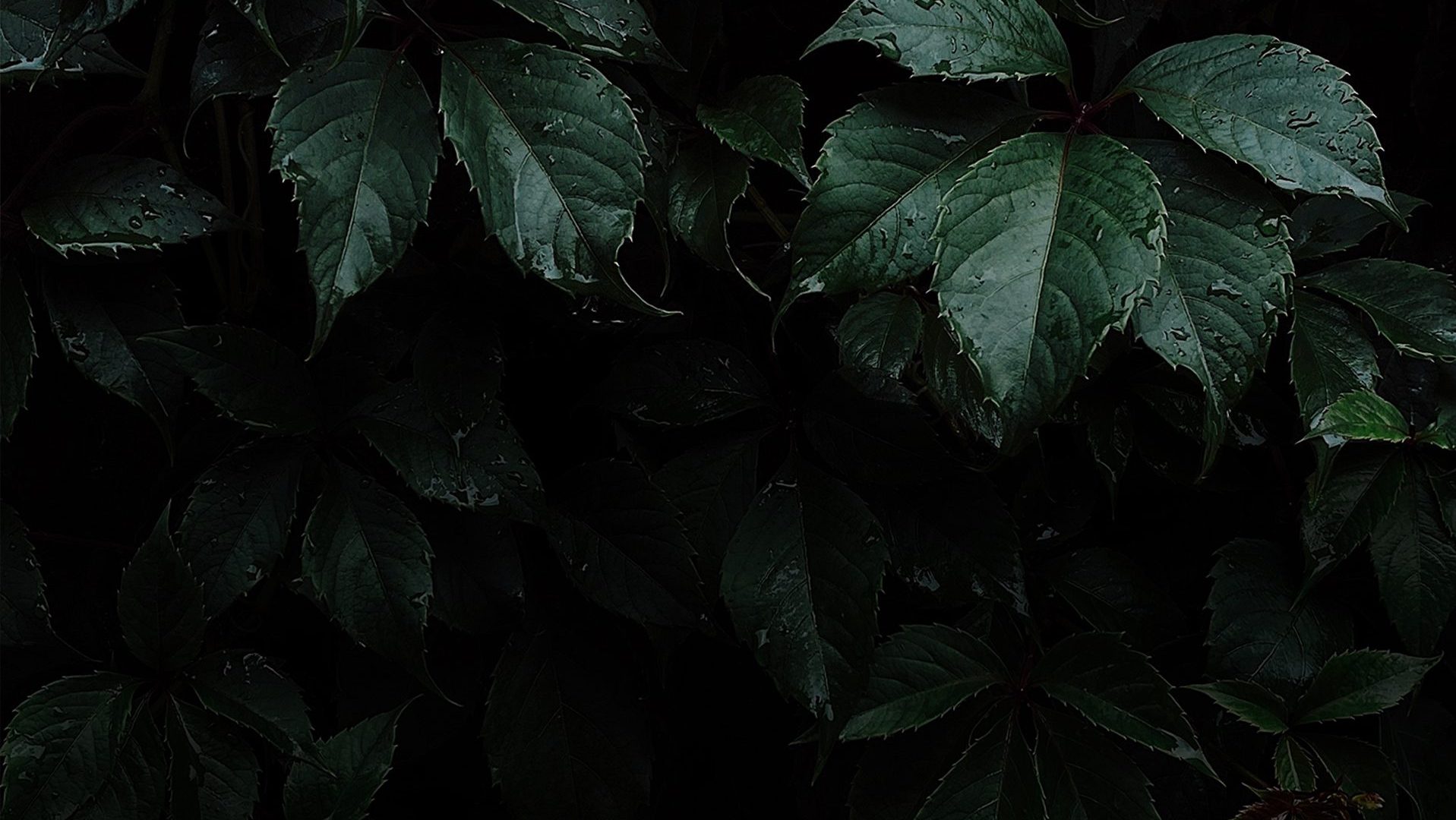





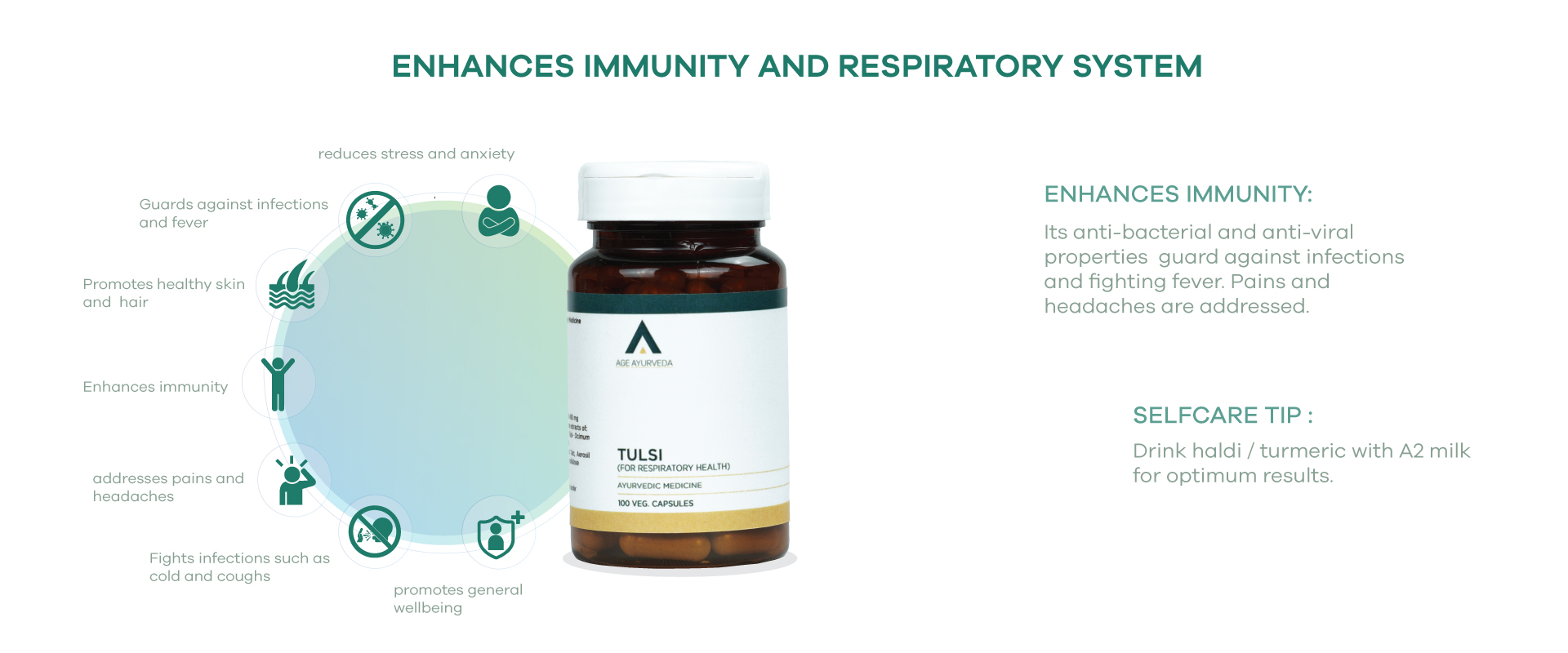
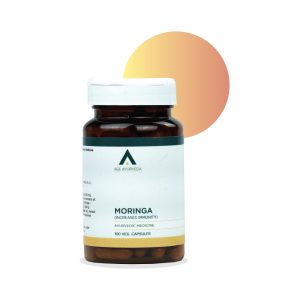

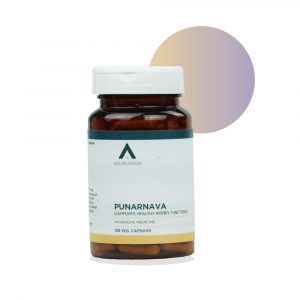
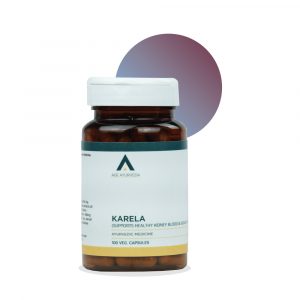
There are no reviews yet.